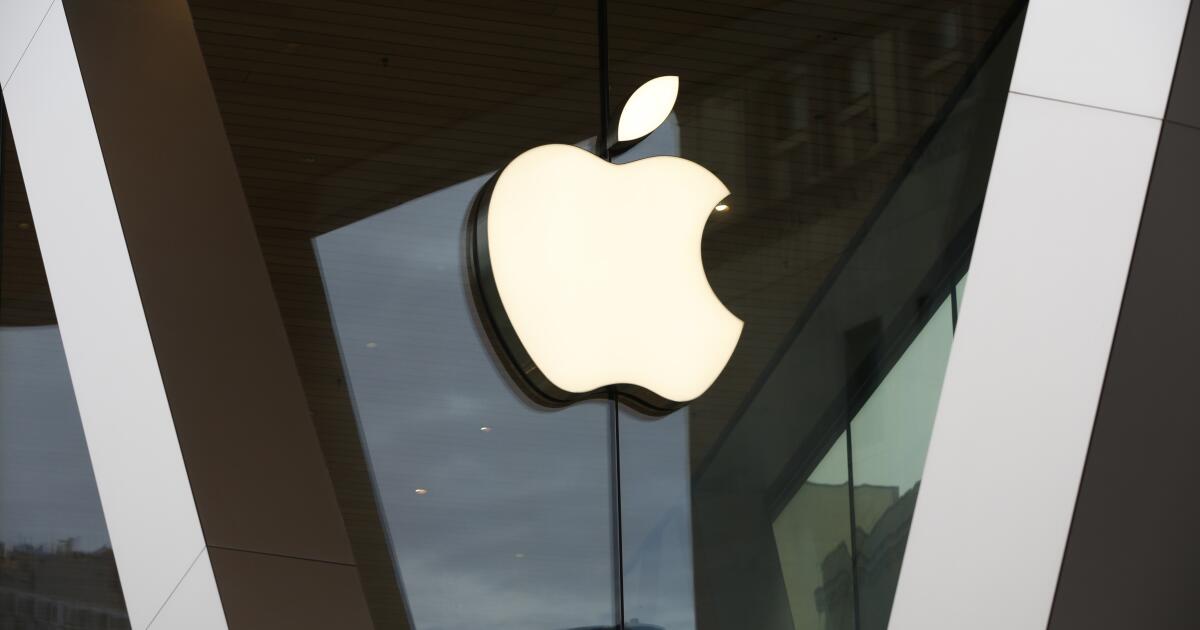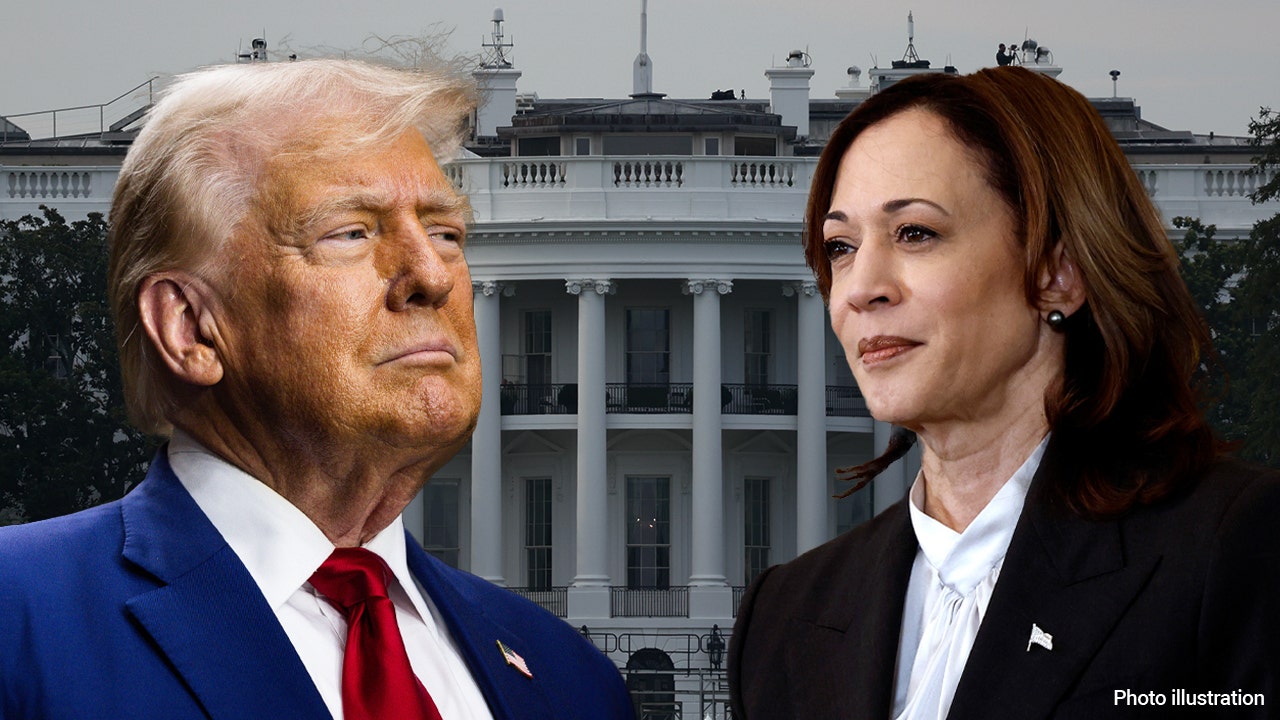The Supreme Court on Monday questioned the Department of Justice’s effort to invalidate a settlement in the bankruptcy of Purdue Pharma that would shield members of the company’s founding Sackler family from future civil liability in exchange for a $6bn contribution.
“For 30 years bankruptcy courts have been approving plans like this . . . why is [this settlement] categorically inappropriate?” Justice Brett Kavanaugh asked a lawyer for the DoJ, Curtis Gannon, who had argued that the comprehensive liability releases granted to the Sacklers could not be justified under existing US law.
Gannon argued that Sacklers should not get such a release, no matter the size of their contribution, unless they filed for bankruptcy themselves.
“The Sacklers are saying they want global peace, they would pay a lot for 97.5 per cent,” Gannon said, arguing that nearly all claimants wanted to be paid soon and thus would bring the Sacklers to the bargaining table for a deal even without a comprehensive release.
But lawyers for Purdue, the Sacklers and the creditors committee, which includes individual claimants, have argued the full liability release is a condition for the Sacklers making any financial contribution to the settlement pot.
Legal experts say a decision in the case, which will probably come by the summer, will influence Chapter 11 bankruptcies for years, ranging from mass torts to cryptocurrency blow-ups and private equity-centred restructurings.
“I think the case is the most important corporate bankruptcy case to come to the court in at least the last 30 years,” said Anthony Casey, a law professor at University of Chicago.
An initial deal struck and approved in 2021 by the New York federal court overseeing Purdue’s bankruptcy called for members of the Sackler family who had long controlled the company to put up $4.3bn of their fortune to fund payments to users of painkiller OxyContin, as well as treatment programmes run by states and cities.
In exchange for the contribution, the Sacklers insisted that the deal would permanently bar any civil lawsuits against them over Purdue’s alleged misdeeds — although it would not foreclose potential criminal proceedings.
The Office of the US Trustee, a division of the justice department that oversees the bankruptcy, has said those releases are unlawful because the Sacklers did not file for Chapter 11 bankruptcy protection. Further, the US Trustee said, those proposed releases would stop those who said they were harmed by Purdue from exercising their constitutional right to sue the family.
The independent managers who have taken control of Purdue, along with the Sackler family, have argued the settlement — eventually raised to between $5.5bn and $6bn — has been agreed by well over 90 per cent of Purdue creditors and that a bankruptcy deal is the fairest and fastest way for money to reach needy victims.
“[W]ithout the releases, there is no settlement, the debtors likely would be forced into a Chapter 7 liquidation, and unsecured creditors would probably recover nothing from the debtors’ estates,” Purdue wrote in its brief to the Supreme Court.
The US Trustee said the settlement will still leave the Sacklers with billions of dollars. The family, and Purdue, dispute that they have much more to give, asserting that much of funds withdrawn from the company over the years went to pay taxes.
While US bankruptcy law does not explicitly allow “third-party releases” extinguishing liability for entities not actually in bankruptcy, judges have for several years used the broad powers of bankruptcy law to help shield parties who provided substantial contributions to creditor recoveries.
Legal scholars have debated whether releases have become too common as companies or organisations facing a pile of “tort” lawsuits over defective products or corporate malfeasance file for bankruptcy in order to reach comprehensive settlements.
Supporters of the Chapter 11 bankruptcy process say leaving plaintiffs to sue in separate lawsuits spread across US courts leads to inequitable outcomes for victims forced to compete for a fixed settlement pot.
“Purdue goes to the core functioning of Chapter 11,” said Casey, warning that pending settlements in such cases as the sprawling Boy Scouts of America sex abuse matter could be unwound depending on the Supreme Court’s ruling.
Watchers of the court, however, expect its conservative majority to be sceptical of the releases.
“The conventional wisdom is that the Supreme Court is now comprised of textualists, and to paraphrase former Justice [Antonin] Scalia, as such they do not believe Congress ‘hides elephants in mouseholes’,” said Jonathan Lipson, a law professor at Temple University. “Here, the ‘elephant’ would be the discharge-like power of the non-debtor release.”
























/cdn.vox-cdn.com/uploads/chorus_asset/file/25299201/STK453_PRIVACY_B_CVirginia.jpg)
